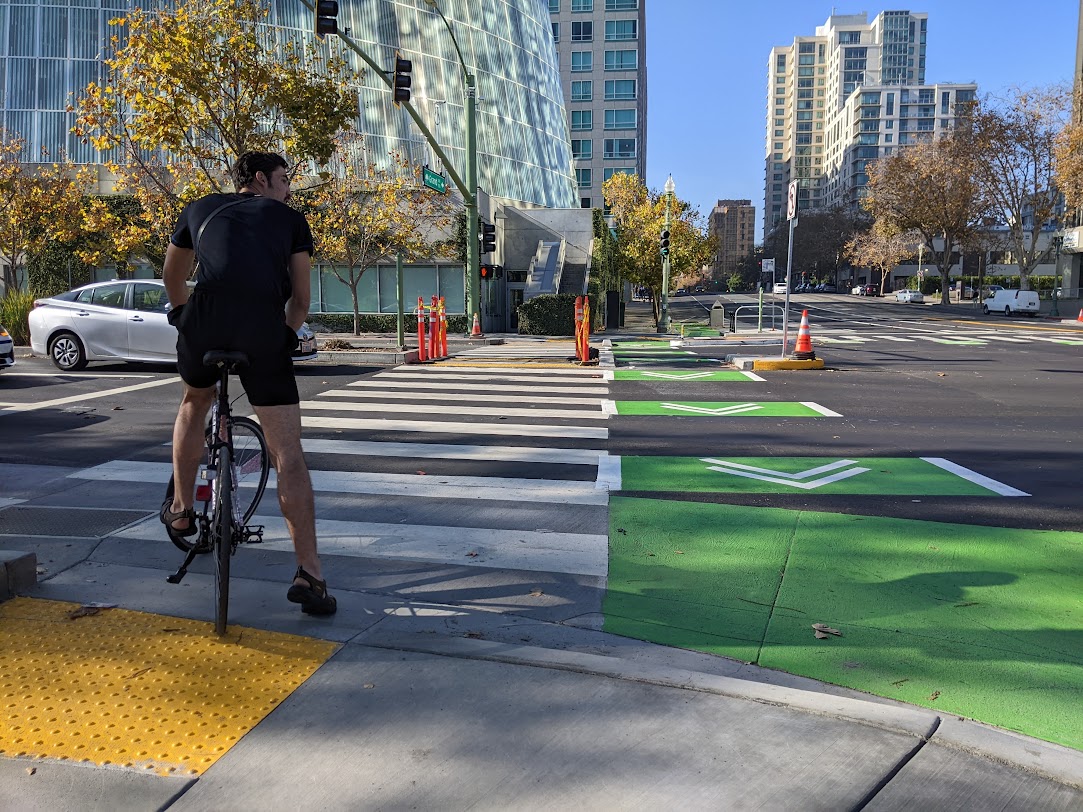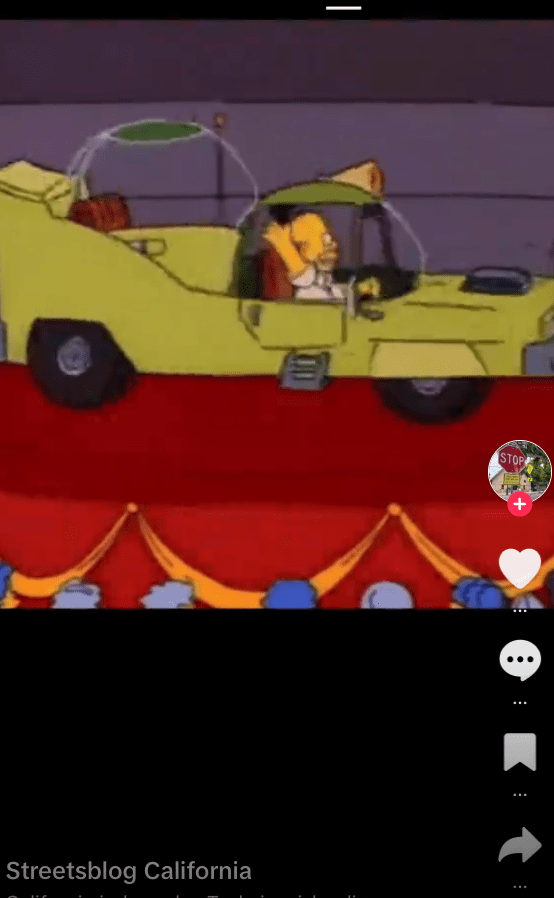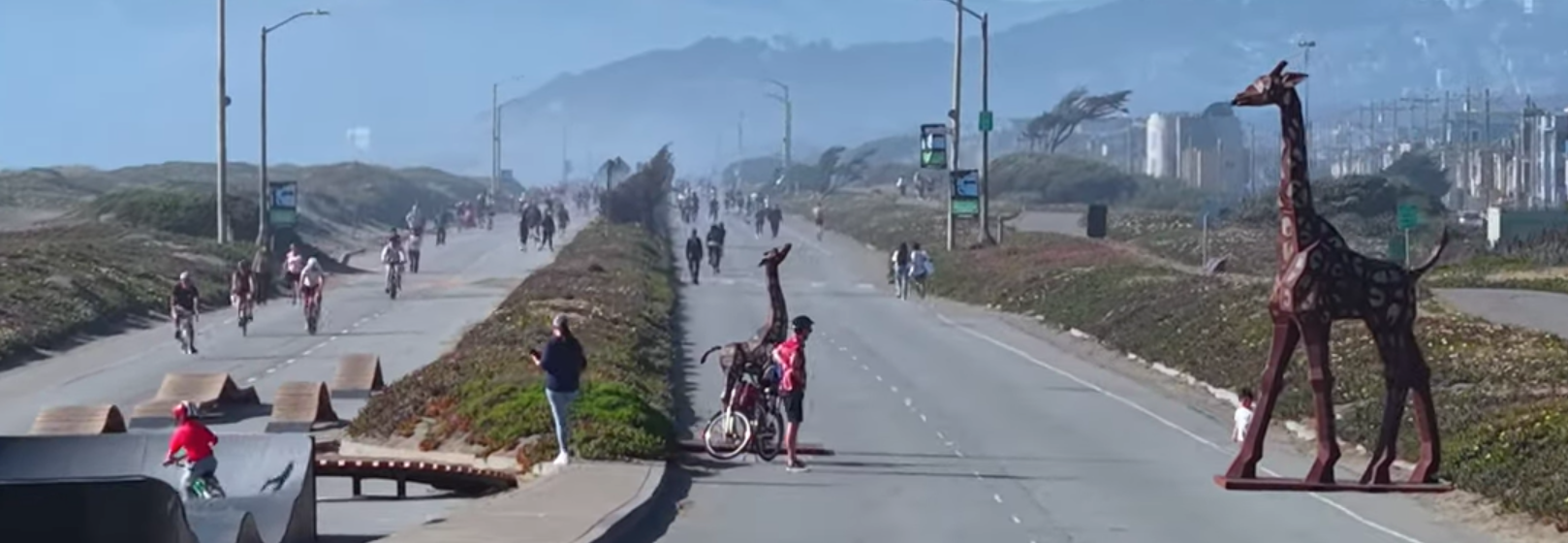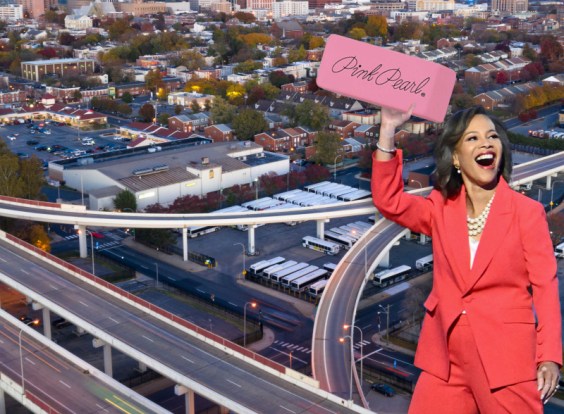Anyone who makes any effort to live more sustainably has been there
-- facing the accusation that what you're doing isn't enough. That
you're compromising, and that your willingness to deviate from a purist
approach invalidates your efforts. Sometimes these accusations come
from within. And sometimes they make you want to give up. It's the old
problem of letting the perfect be the enemy of the good.
But
the burden of living a sustainable life wholly without blemish,
whatever that means, is in itself unsustainable -- at least for a
person within arm's reach of mainstream American society. (Take a look
at the very funny trailer for the upcoming documentary about the year Colin Beavan and his family spent when he decided to become No Impact Man.)
Which brings us to today's post from the Streetsblog Network, from member blog BikePGH
in Pittsburgh. BikePGH, which is a multifaceted organization promoting
bicycling as transportation in that city, is going to have a table at
an upcoming "Low-Car Diet" event hosted by Zipcar. The group's project
manager, Lou Fineberg, is already anticipating criticism, based on past
experience. But he's ready to face those who think "that BikePGH should
stand on behalf of NO CARS not Low-Cars":
Photo by RcktManIL via Flickr.
Just
for the record…advocating for NO CARS is pretty much the equivalent of
advocating for NO BIKES. Is it really anyone’s business to demand what
mode of transportation others use or don’t use? The U.S. was founded on
the principle of freedom. Start taking away people’s freedom -- their
cars (thank you President Eisenhower and Jack Kerouac!), and people get
all revolutionary…. I can just imagine a NO CAR movement forming and
the militias that would arise to protect motorists' rights…this is one
battle that can be easily avoided.One excellent way to avoid a motorist uprising and slowly wean
ourselves from oil and cars much larger and faster than we need for
urban use is to employ and support Zipcar and other
car-share/ride-share options. Zipcar and services like it make the
economic impact of driving hit home because each time we choose to
drive we’re charged for it, and it makes most of us think two or three
times before we decide to use a car, which helps keep more cars PARKED.The routine, intermittent, often exorbitant car expenses
we’ve come to take for granted aren’t so much associated with driving
as they are with the car itself; and here in lies an important
distinction. Currently car owners pay to keep cars. They do not pay to
drive, it’s the rest of us that pay each time one of us chooses to
drive in the form a poorer air quality and time lost associated with
traffic congestion. Time and clean air are two of the most precious
things people have on earth and the automobile has an interesting way
of depleting us of both. We should be paying to drive instead of
keeping cars because it's the driving that costs society most.Car
share also provides an amazing opportunity to avoid the “second
largest” financial burden the vast majority of Americans will likely
come across in our lives -- owning a car. That has HUGE implications
for local economies because most of the money spent to operate a car
goes to distant lands where they manufacture cars and produce oil. Car
share is one of the best ways to invite addicted motorists to think
differently about transportation without infringing upon people’s
freedom to use a car.The success of bicycle advocacy will be at best limited
if we go at it alone, but when we develop strong partnerships with
others that promote alternatives to single-passenger owner-occupied
vehicles we dramatically increase support for mutual objectives -- to
make our streets safer and less congested. This is no longer a fringe
perspective. In fact thoughts like these echo similar ones being
expressed by Transportation Secretary Ray LaHood. In a recent post on
his blog LaHood makes clear “we must implement policies and programs
that reduce vehicle miles driven.” As bicycle advocates this is an
opportunity to squarely put our agenda in the mainstream.
More from around the network: St. Louis Urban Workshop on how investing in transit could save that city millions of dollars; Cycling Solution meets David Byrne in Budapest and talks biking; and Green Wheels has some bad news for bike lanes in Humboldt, CA.




